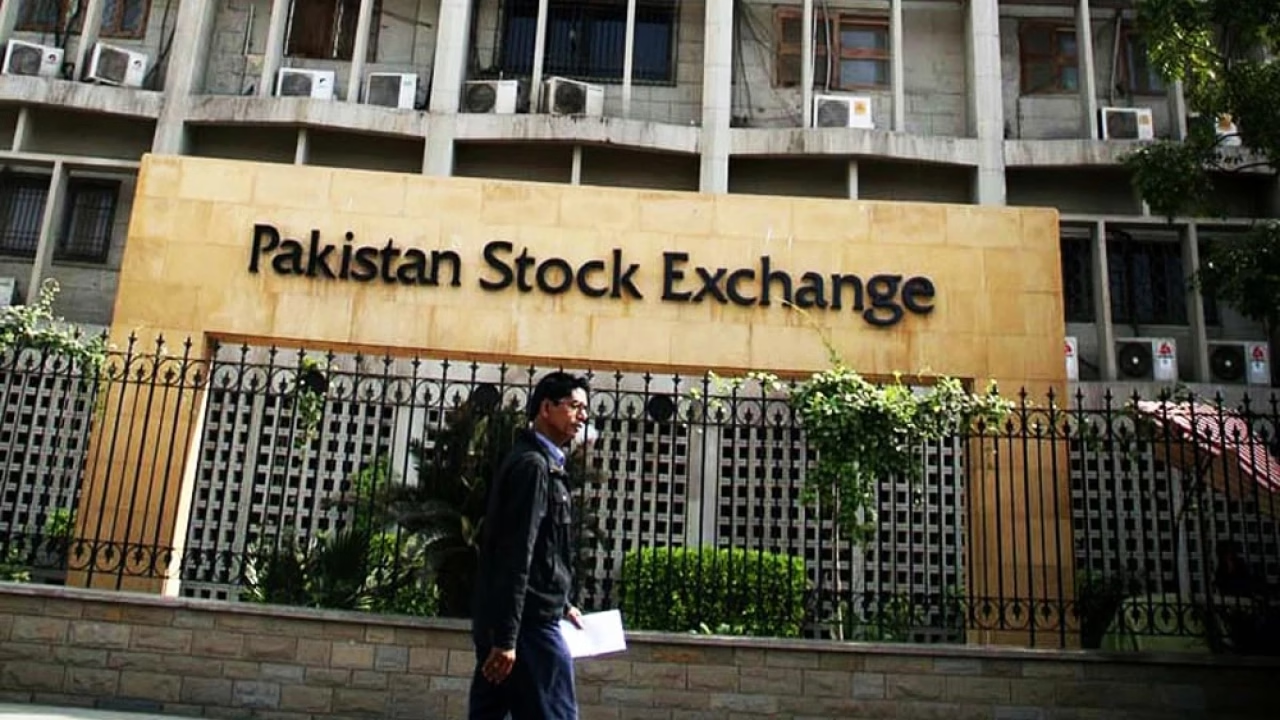Shell’s CEO, Wael Sawan, is facing internal pressure from employees who have issued an unusual open letter urging the company not to scale back investments in renewable energy. The letter, posted on Shell’s internal website and seen by Reuters, comes after Sawan announced in June plans to slow investment in renewables and low-carbon businesses as part of a strategy to boost returns.
In addition to slowing investments, Shell split its low-carbon business and eliminated the role of global head of renewables. This restructuring led to the departure of Thomas Brostrom, who held that position for less than two years.
The open letter, signed by Lisette de Heiden and Wouter Drinkwaard, employees of Shell’s low-carbon division, expressed concern about the recent announcements and stated, “For a long time, it has been Shell’s ambition to be a leader in the energy transition. It is the reason we work here… We can only hope the optics of the CMD announcements are deceiving us and that Shell continues its path as a leader in the energy transition.”
The letter has generated significant attention within the company, with over 80,000 views and 1,000 likes, sparking a lively exchange of comments on the internal platform, including Sawan’s response. In his reply, Sawan acknowledged the challenges of Shell’s role in the energy transition but emphasized the company’s commitment to providing lower-carbon solutions to customers and transitioning to a net-zero emissions business over time.
Since Sawan took office in January, Shell has been focused on improving operational performance and profitability, with an emphasis on oil and gas operations, biofuels, and electric vehicle charging. The company has exited offshore wind projects in Ireland and France, sold its UK power retail business, and indicated plans to sell stakes in renewable projects in India. It is also reportedly considering selling all or part of the Sonnen battery storage company it acquired in 2019.
Shell has set a target to become a net-zero emissions company by 2050, but the recent strategic shifts have raised concerns among some employees about the company’s commitment to the energy transition.



